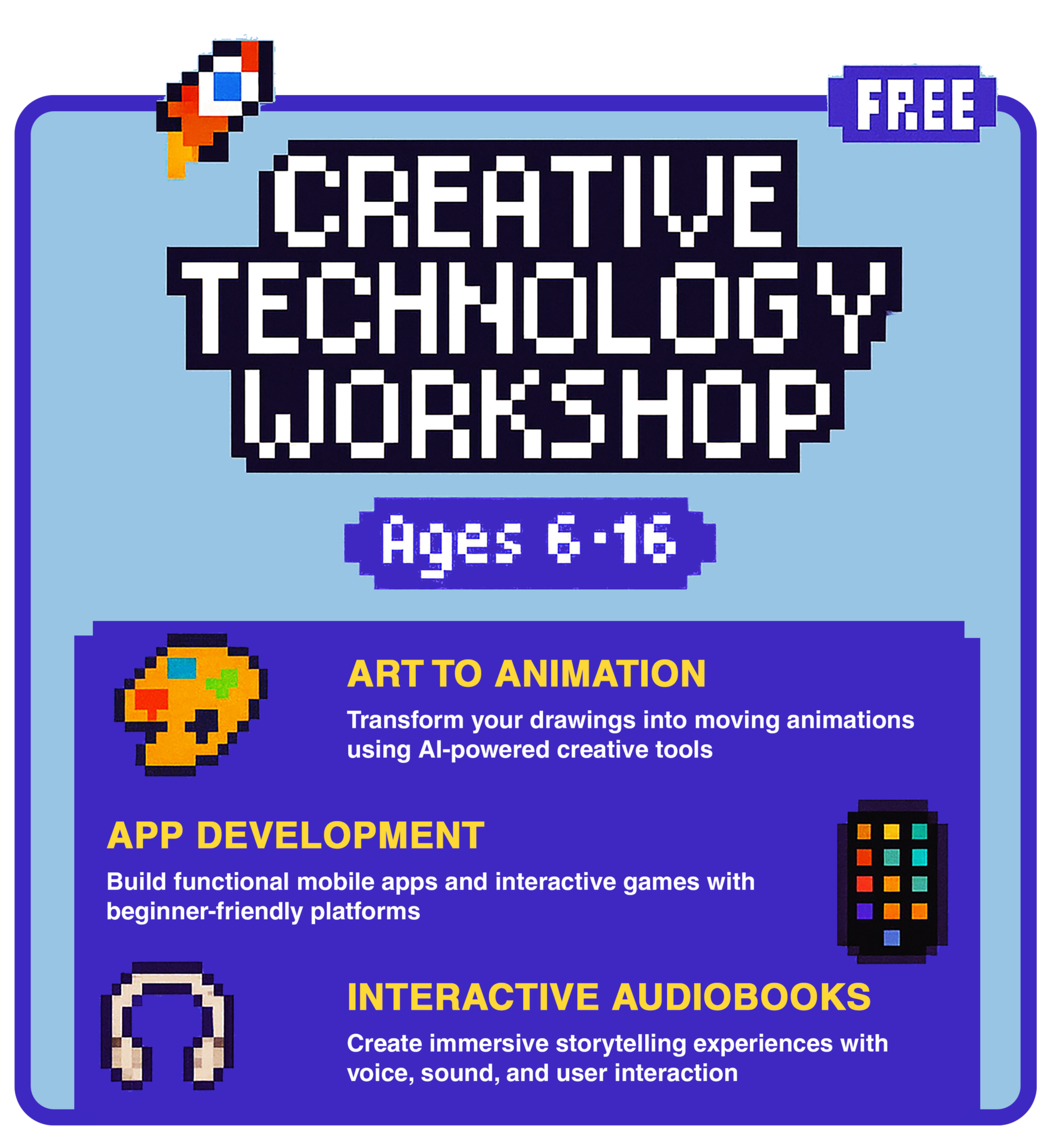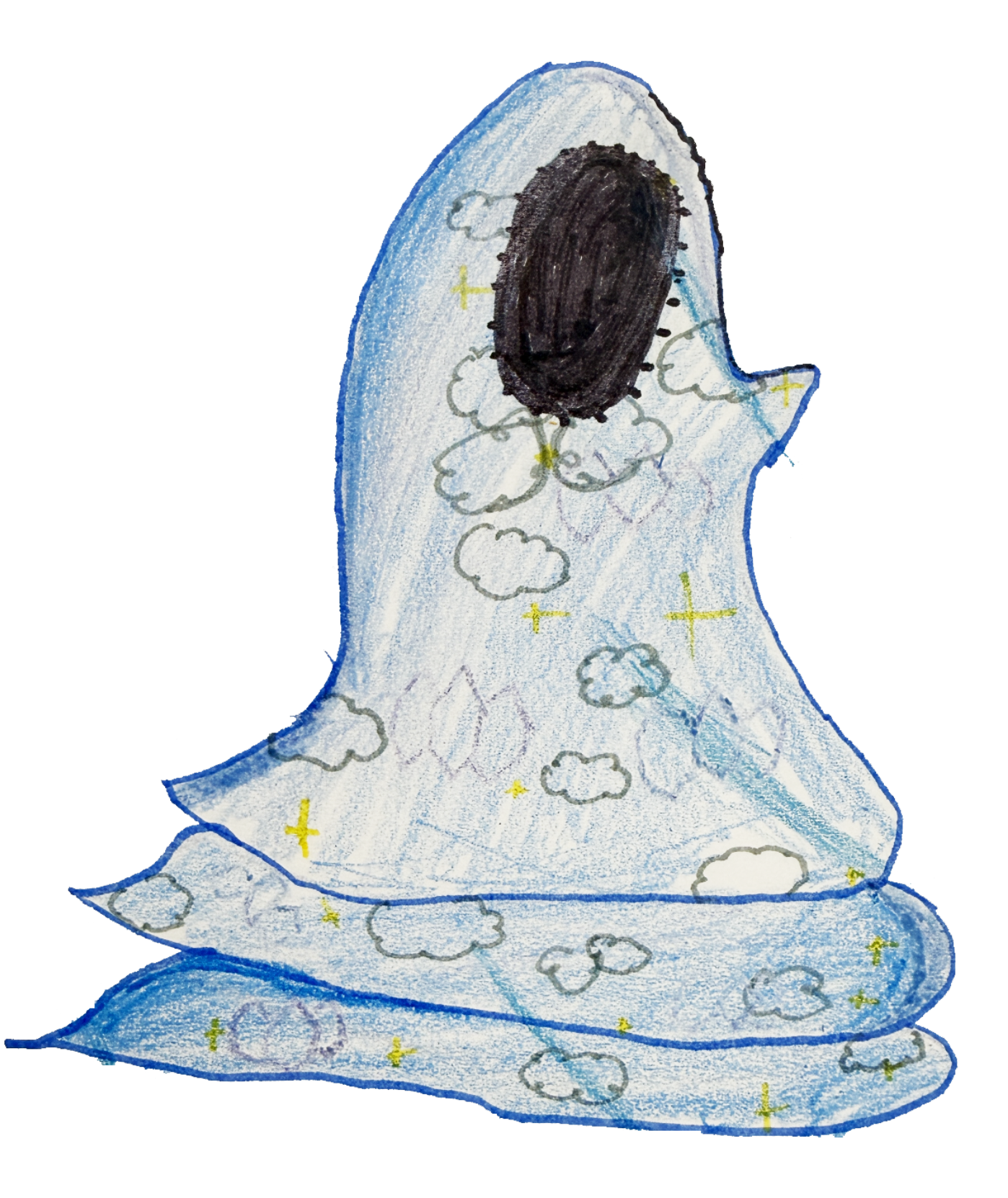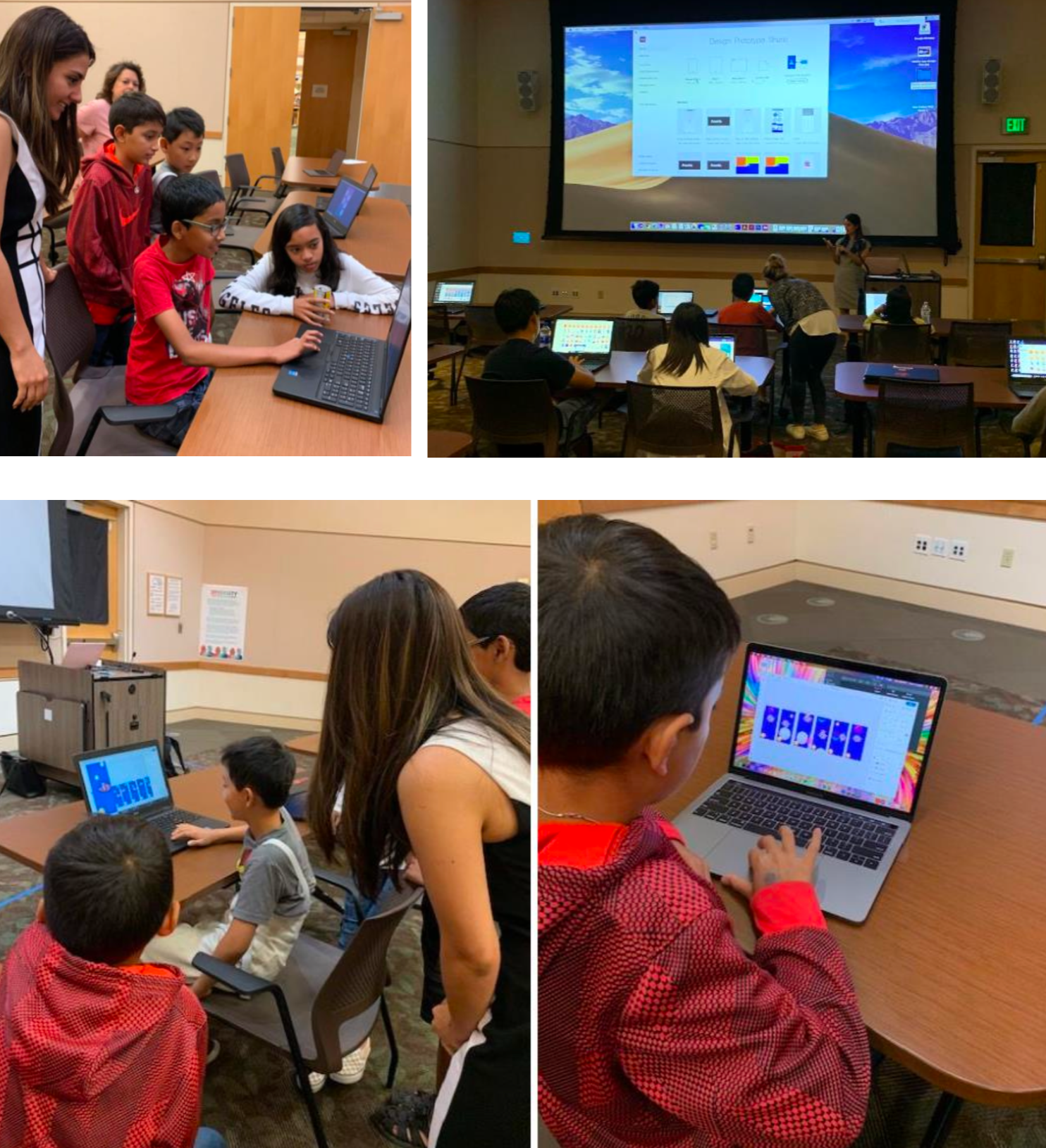Weekend AI Workshops
for Young Innovators
The Tools Change, the Skills Stay the Same
I've been running these creative technology workshops since 2018, starting with mobile app design before AI entered the picture. Back then, it was Adobe XD and prototyping; today, it's generative models and prompt engineering. The platforms evolve rapidly, but the core learning patterns remain constant: curiosity beats compliance, constraints spark creativity, and the best interfaces disappear into play. Whether we're building apps or training models, these young learners consistently teach me that great product design starts with one question: "What if we tried it this way?"
It starts with play
In these sessions, I watch 8-year-olds debug logic flows faster than graduate students, not because they know more, but because they're not afraid to be wrong. They iterate out loud, treat errors as data, and pivot without ego. When a 10-year-old named Maya turned her marker sketch into an animated story using AI last month, she didn't ask if it was "good enough" — she asked, "Can I make her cape sparkle more?" That's the mindset of a product designer. These workshops aren't preparing kids for the future; they're showing us what learning products should feel like today: experimental, iterative, and joyfully rigorous.
"I drew my dragon on paper, then the AI made it move! But it didn't understand her personality at first, so I had to explain she's shy but brave. Now she hides behind clouds before she roars!"
Maya, age 10, after her first AI animation workshop
Game Design Workshop
I launched these workshops in 2018 with mobile app design and Adobe XD, long before AI became mainstream. Back then, kids were sketching app interfaces and building clickable prototypes. Today, they're training language models and creating AI-powered animations. The tools have transformed from Sketch to Figma, from static prototypes to generative AI, but my research question remains constant: how do we design learning experiences that feel like play but build real capability?
Seven years and 500+ young learners later, I've documented consistent patterns: the most engaging products are the ones users can break and rebuild. The best learning happens when failure costs nothing but teaches everything. Whether we're wireframing apps or prompting AI, these workshops prove that great product design isn't about mastering tools, it's about preserving that childhood instinct to ask "what if?" while building the skills to answer it. This ongoing experiment in community learning directly informs how I design products that scale: start with play, layer in rigor, and always leave room for surprise.







